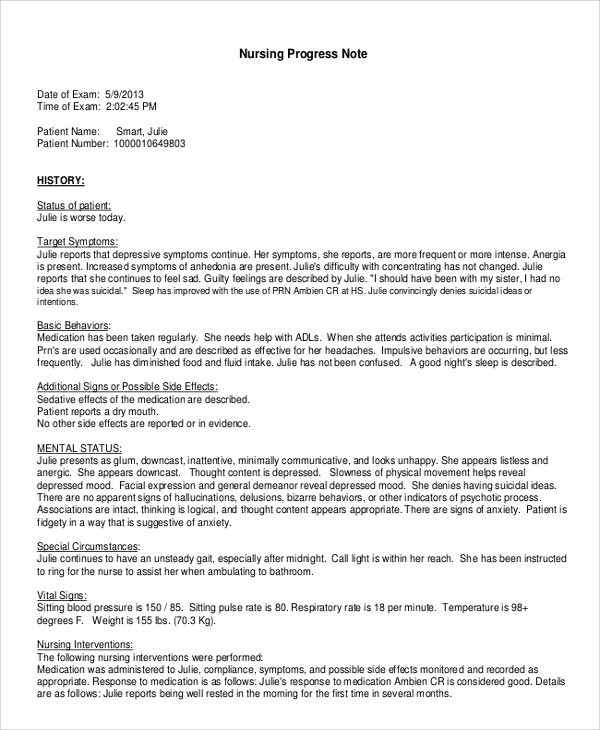How To Quit Crying
Able To Rejoice, However Not Depressing.

How can you tell if someone is emotionally detached?
Crying is the body's natural response to emotions that can be mentally and physically draining. When a strong cry triggers a headache, there are steps a person can take to https://freedomnowclinic.weebly.com/ help alleviate the physical pain, even if the emotional pain remains. When crying hard enough, many people will experience: a runny nose.
Discerning serotonin reuptake preventions (SSRIs) are a sort of antidepressant. Some individuals that take this type of drug might experience emotional blunting, or a switched-off psychological facility. Some individuals can select to continue to be emotionally removed from a person or scenario. Your tears strive to shield your eyes, clear out toxic irritants, soothe emotions, as well as also send out messages to those around you.
Does crying make your eyes weak?

Symptoms of emotional detachment a lack of attention, or appearing preoccupied when around others. difficulty being loving or affectionate with a family member. avoiding people, activities, or places because they're associated with a past trauma or event. reduced ability to express emotion.
How long can the human body cry for?
Crying can help protect your eyes These particles are often too small for us to see, however, they can and do make their way into our eyes. This can cause irritation and potentially harm our eyes and in turn, our vision.
They are generally referring to emotional rips when people speak regarding crying. Weeping in action to something that makes you satisfied or unfortunate is normal and healthy and balanced. Don't shy away from dropping mental health facility lake worth fl rips if you really feel the demand to launch. Too much crying is something you should talk about with your doctor, however. If sobbing starts to disrupt your day-to-day tasks, it might suggest depression.
- They might have a difficult time being a caring family member, or they may avoid people, places, as well as activities connected with past injuries.
- This can lead to difficulties in developing and also maintaining personal connections.
- They are also at a boosted risk for lots of anxiousness and stress and anxiety conditions.
- The inquiry of the function or origin of psychological rips continues to be open.
- Sometimes, they provide an extreme difficulty in obtaining or providing empathy which can be connected to the spectrum of narcissistic character disorder.
They might not understand exactly how to reply to a significant other in a time of high anxiety as well as feeling. Psychological detachment is an inability or unwillingness to connect with other individuals on a psychological degree. For some individuals, being emotionally removed assists shield them from unwanted dramatization, stress and anxiety, or anxiety.
Irving Penn/Masters/Getty ImagesBut missing a medical problem, you're most likely wondering why there are times that you simply can't cry despite the fact that you really wish to. The source of crying troubles likely exists someplace else-- and also it's extremely typical if physical concerns with the tear glands aren't the issue. " As a specialist, I have heard this declaration often times from my patients for many years," therapist Annie Wright, LMFT, tells Bustle.
With controlled sobbing, infants were delegated weep for an established number of mins prior to intervention from their moms and dads. The sobbing boosted both the sleep length and lowered the variety of times the babies woke during the evening. A year later, the crying did not show up to boost anxiety in the infants or negatively impact the parent-child bond. Weeping might be just one of your ideal mechanisms to https://docs.google.com self-soothe.
Rips are the reason individuals experience runny noses when they weep, as several of the tears are entering their nasal flow. Stress frustrations do not usually trigger extra signs.
How long can a person cry?
As such it is a deliberate mental attitude which avoids engaging the emotions of others. Emotional detachment can also be "emotional numbing", "emotional blunting", i.e., dissociation, depersonalization or in its chronic form depersonalization disorder.
